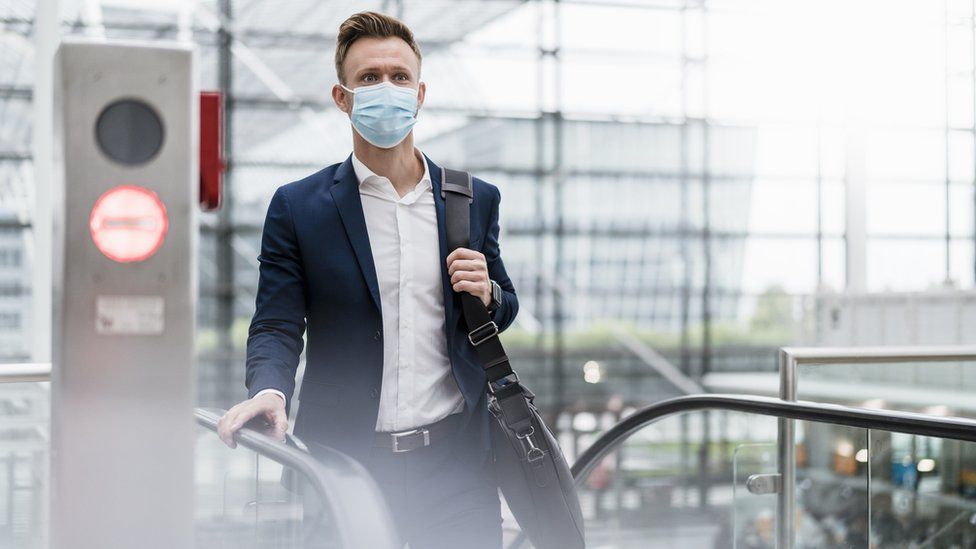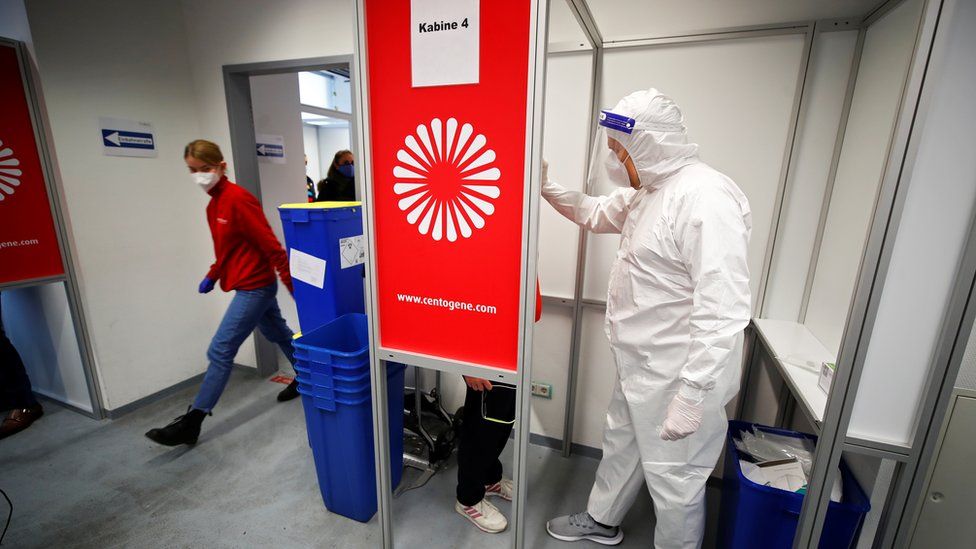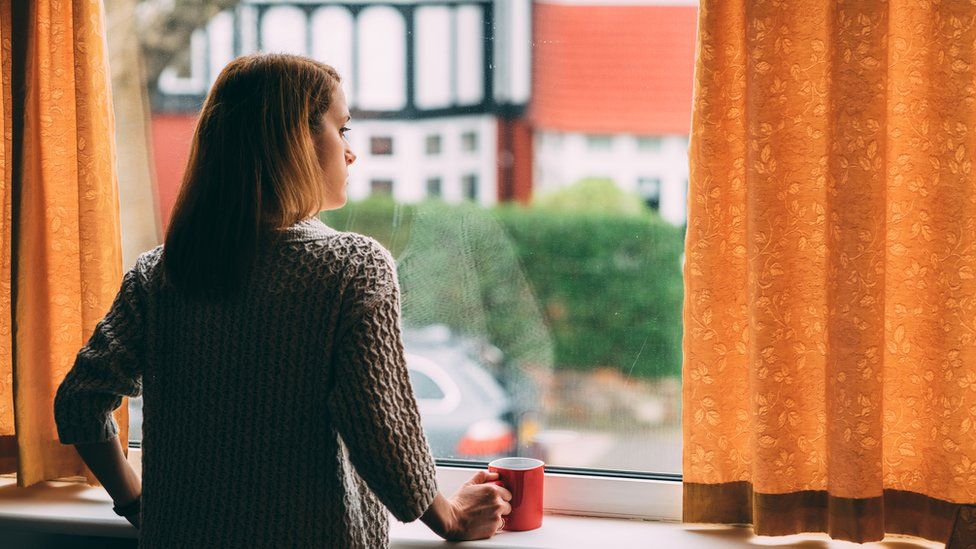BBC News 27 January 2021
People travelling to England from certain "high risk" countries will soon have to quarantine in "government-provided accommodation" so the measure can be more strictly enforced.
The rule will apply to areas associated with new coronavirus variants including South America, Portugal and many countries in Southern Africa.
Which travellers will have to quarantine in a hotel?
The UK has already placed 22 high risk countries under a "travel ban," to protect the nation from new and more infectious coronavirus variants emerging overseas.
Most people who have been in South America or Portugal and many countries in Southern and Central Africa in the previous 10 days cannot enter the UK.
Cape Verde and Panama are included, as is Portugal because of its links to Brazil. The idea is to protect the UK against new and potentially more contagious strains of coronavirus emerging overseas.
But British and Irish nationals, long-term visa holders and residents can enter, and must quarantine for 10 days.
Under new rules, these arrivals will be met at the airport or point of entry and taken to accommodation specified by the government so that self-isolation can be enforced "without exception".
The Department of Health are setting up the facilities, while England is working with other nations to adopt a UK-wide approach, the Prime Minister has said.
All travellers - including British nationals - must already self-isolate for 10 days when they get to the UK, even with a recent negative test result.
Hotel-style quarantine already forms part of the entry requirement in several other countries, including Australia.
Who is allowed to travel?
Under the national lockdown, people must only travel abroad for essential reasons. These are the same as the "reasonable excuses" for domestic travel, including:
- Work that cannot be done from home
- Medical appointments
- Educational reasons
After pictures emerged on social media showing long queues at Heathrow Airport, concerns were raised that more people are travelling than allowed under these rules.
Heathrow Airport told the BBC it was used by 1.1 million passengers in December 2020, compared to 747,000 in November. However, that means they had 5.6 million fewer passengers than they did in December 2019, a drop of 83%.
At present, all travellers must provide contact details and their UK address. They can then travel - by public transport if necessary - to their home or to the place where they plan to self-isolate.
The UK's travel corridors are no longer exempt from quarantine, following the decision to suspend them until at least 15 February.
Scotland, Wales and Northern Ireland have their own quarantine rules, which differ slightly.
A small number of workers are exempt from quarantine, including pilots and some seasonal agricultural workers.
What are the new rules on testing?
Incoming travellers have to show proof of a negative Covid-19 test on departure, taken in the previous 72 hours.
Those who don't comply will face a fine of £500, with Border Force officials carrying out spot checks.
Border Force director-general Paul Lincoln told the Public Accounts Committee that on Monday 18 January, 10,000 checks were carried out - mostly at Heathrow - against the 21,000 people who entered the country that day. He said 40 fixed penalty notices were issued.
Who is exempt from testing?
- Children under 11
- Passengers from the Common Travel Area (the Republic of Ireland, Channel Islands, or the Isle of Man)
- Travellers from the Falkland Islands, Ascension Islands and St Helena
- Hauliers, air, international rail and maritime crew and some other workers
Can I pay for a test to shorten quarantine?
Some travellers can reduce their quarantine period by paying for a private Covid test.
Tests cost between £65 and £120, and results are normally received in 24 to 48 hours.
People who test negative after five full days can stop isolating. Those who test positive must quarantine for a further 10 days.
There is a list of approved private testing companies.
Can you be fined for breaking the rules?
Breaking quarantine rules is a criminal offence.
Failure to self-isolate can mean a £1,000 fine, or £480 in Scotland. Fines in England for persistent offenders have doubled to £10,000.
People can be fined up to £3,200 in England for providing inaccurate contact details, or £1,920 in Wales.



